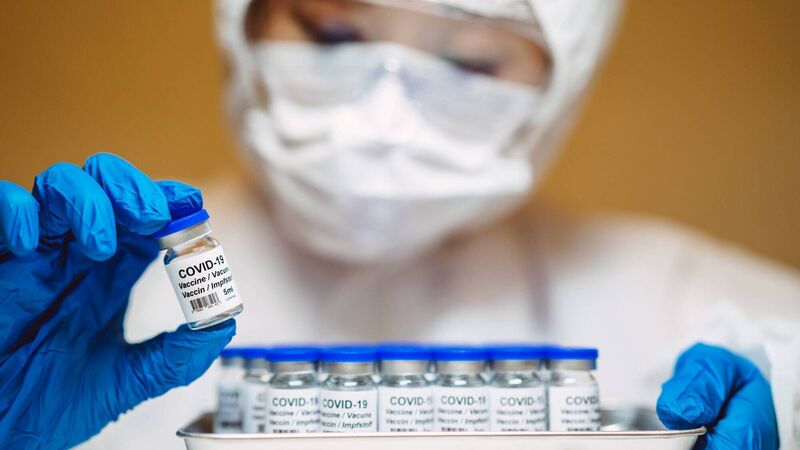Oliver Mangan: Markets can smell the potential for strong recovery driven by the Covid-19 vaccine

Encouraging news about the development of vaccines has led to a measure of optimism returning to world markets.
Economic forecasting this year has been like trying to shoot a fast-moving target and even forecasts published just over a month ago by the IMF and the Organisation for Economic Cooperation and Development have been overtaken by events as a second wave of the virus takes hold.
This means the economic recovery has been stopped in its tracks, with many countries now looking at a double-dip recession in the current quarter. The virus is also proving persistent, which means the economic restrictions are likely to extend well into next year.














